Books for Review
Interested reviewers: Click on the link below the book description to inform us of your interest. If you would like to review a book not on this list, please write to Sarah Walshaw (walshaw@ethnobiologyletters.org) and/or submit the review for consideration via the online submission system.
Publishers: if you have a recently published, ethnobiology-related book you would like us to review, please contact Sarah Walshaw (walshaw@ethnobiologyletters.org) and we will list the book here; when we have identified a reviewer we'll request that you send them the review copy directly. Thanks!
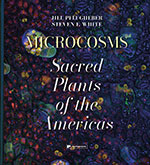
Microcosms – Sacred Plants of the Americas
By Jill Pflugheber and Steven F. White
2025 | Papadakis Publisher
Copy Available: Yes
Microcosms explores more than 50 plants sacred to the indigenous peoples of the Americas, detailing their scientific, botanic, cultural, and historical narratives – from medicinal and scientific uses to cultural traditions and ceremonies. This groundbreaking book combines stunning confocal microscopy images of 50 sacred plants from across the Americas with scientific, historical, and cultural narratives. Co-authored by microscopy specialist Jill Pflugheber and historian Steven F. White, Microcosms explores themes of psychedelics, indigenous knowledge, traditional medicine, and environmental consciousness. An accompanying exhibition opens at Harvard University in October, making this a unique cultural moment.

A Song for the Horses: Musical Heritage for More-than-Human Futures in Mongolia
By Kip Hutchins
2025 | The University of Arizona Press
Copy Available: Yes
As permafrost in Siberia continues to melt and the steppe in the Gobi turns to desert, people in Mongolia are faced with overlapping climate crises. Some nomadic herders describe climate change as the end of a world. They are quick to add that the world has ended before for Indigenous people in North Asia, as waves of colonialism have left the steppe with a complicated web of apocalypses. A Song for the Horses by K. G. Hutchins examines cases in which people respond to the pressures of climate change by drawing on cultural heritage to foster social resiliency.
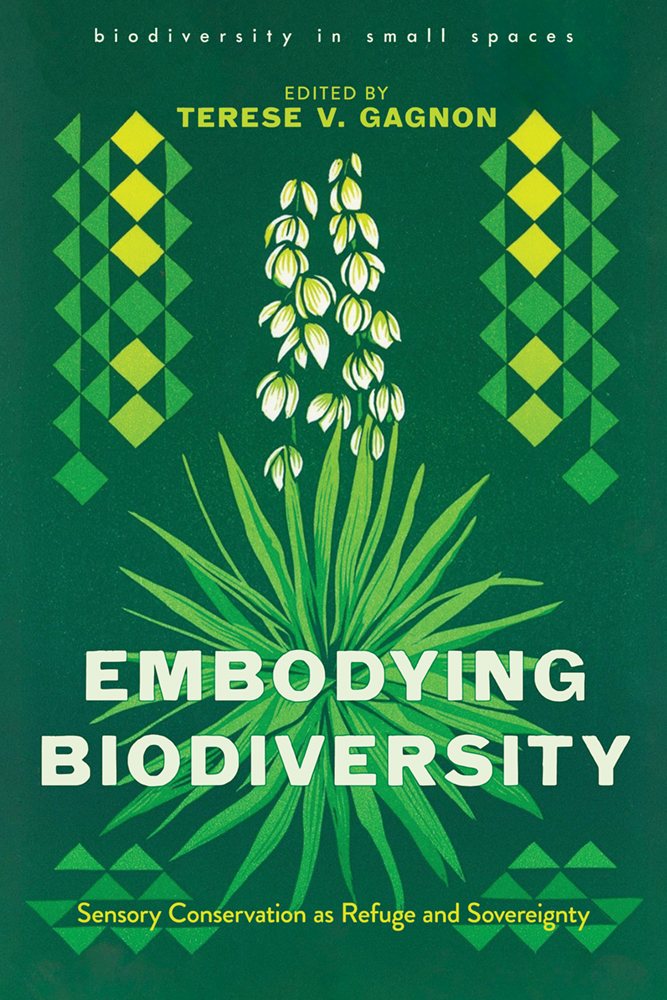
Embodying Biodiversity: Sensory Conservation as Refuge and Sovereignty
Edited by Terese Gagnon
2024 | The University of Arizona Press
Copy Available: Yes
Harnessing a myriad of methodologies and research spanning multiple continents, this volume delves into the power of everyday forms of biodiversity conservation, motivated by sensory and embodied engagement with plants. Through an array of interdisciplinary contributions, the authors argue that the vast majority of biodiversity conservation worldwide is carried out not by large-scale, hierarchical initiatives but by ordinary people who cultivate sensory-motivated, place-based bonds with plants.
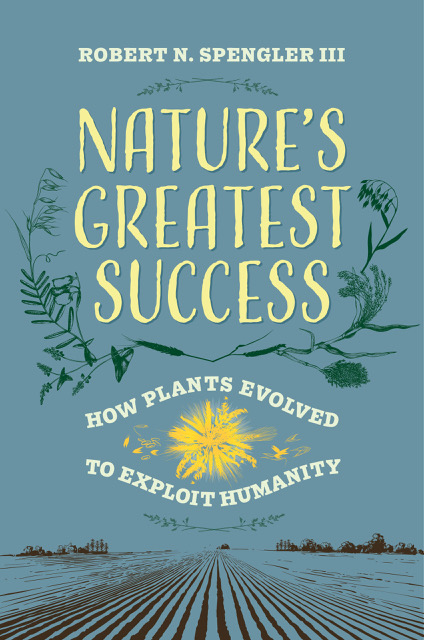
Nature's Greatest Success: How Plants Evolved to Exploit Humanity
By Robert N. Spengler
2025 | University of California Press
Copy Available: Yes
The 15,000-year story of how grass seduced humanity into being its unwitting labor force—and the science behind it.
Domesticated crops were not human creations, and agriculture was not simply invented. As Robert N. Spengler shows, domestication was the result of an evolutionary process in which people played a role only unwittingly and as actors in a numberless cast that spanned the plant and animal kingdoms. Nature's Greatest Success is the first book to bring together recent scientific discoveries and fascinating ongoing research to provide a systematic account of not only how agriculture really developed but why.

Second Chances; The Transformative Relationship Between Incarcerated Youth and Shelter Dogs
By Joan K. Dalton
2025 | Purdue University Press
Copy Available: Yes
Second Chances: The Transformative Relationship Between Incarcerated Youth and Shelter Dogs recounts the story of Project POOCH (Positive Opportunities—Obvious Change with Hounds), a program that united incarcerated boys with unwanted dogs from animal shelters. Both the boys and the dogs were considered undesirable, and few had found love in their lives. As a result of the project, the lives of many youths and dogs changed forever.
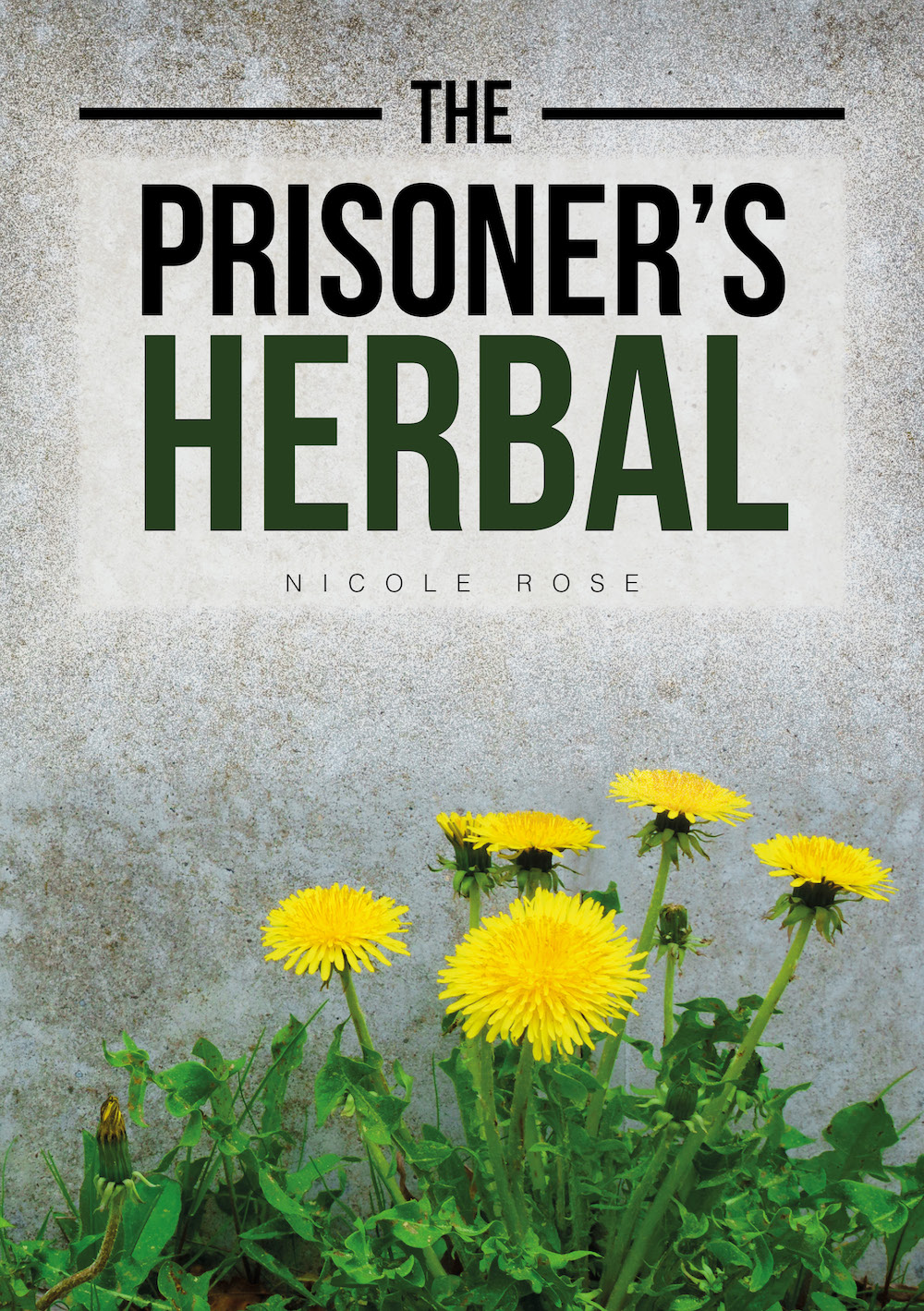
The Prisoner’s Herbal
By Nicole Rose
2019 | Active Distribution | Available in English and Spanish
Copy Available: Yes
Prisoners all over the world commonly experience medical neglect and a dehumanising separation from wild places. However, weeds come up through the concrete cracks. This book contains detailed profiles of ten plants that are commonly found in prison yards. It is based on my use of plants during my own 3.5-year prison sentence, with suggestions on how to prepare medicines in prison with limited resources.
It also includes tips and tricks for making the most out of foods, spices and condiments available from the prison canteen (commissary), as well as sections on how to connect with plant allies emotionally and how to care for wounds in a prison environment.
For readers on the outside, it provides practical advice about how to work with common weeds in simple and direct ways and will inspire solidarity across the walls.
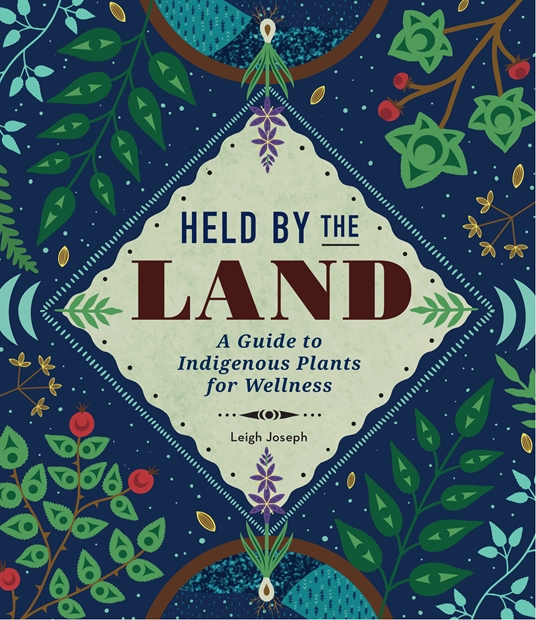
Held by the Land: A Guide to Indigenous Plants for Wellness
By Leigh Joseph
2023 | Wellfleet Press
Copy Available: Yes
Author Leigh Joseph, an ethnobotanist and a member of the Squamish Nation, provides a beautifully illustrated essential introduction to Indigenous plant knowledge.
*Honorable Mention, 2023 Foreword INDIE Book Award*
Plants can be a great source of healing as well as nourishment, and the practice of growing and harvesting from trees, flowering herbs, and other plants is a powerful way to become more connected to the land. The Indigenous Peoples of North America have long traditions of using native plants as medicine as well as for food. Held by the Land honors and shares some of these traditions, offering a guide to:
- Harvesting herbs and other plants and using them topically
- North American plants that can treat common ailments, add nutrition to your diet, become part of your beauty regime, and more
- Stories and traditions about native plants from the author’s Squamish culture
- Using plant knowledge to strengthen your connection to the land you live on
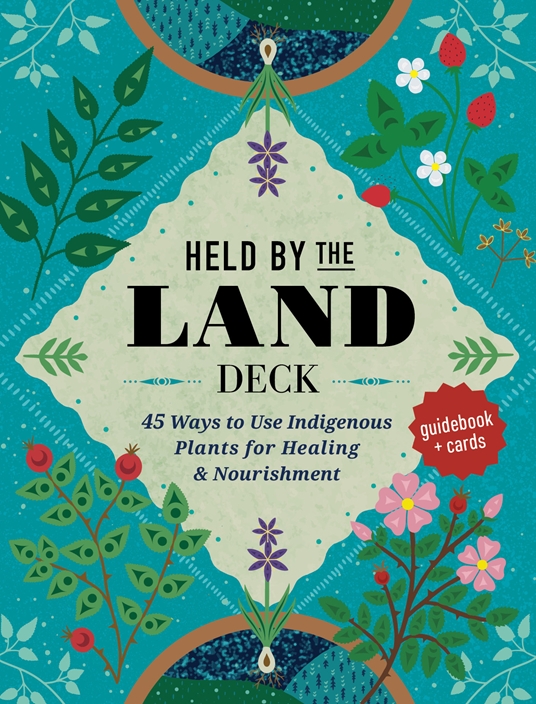
Held by the Land: 45 Ways to Use Indigenous Plants for Healing & Nourishment - Guidebook + Cards
By Leigh Joseph
2024 | Wellfleet Press
Copy Available: Yes
Have Indigenous plant knowledge at your fingertips with this gorgeously illustrated card deck from Leigh Joseph, an ethnobotanist and a member of the Squamish Nation.
Plants can be a great source of healing as well as nourishment, and the practice of growing and harvesting from trees, flowering herbs, and other plants is a powerful way to become more connected to the land. The Indigenous Peoples of North America have long traditions of using native plants as medicine and for food. Held by the Land Deck includes 45 cards of indigenous plants and their properties and a 48-page booklet to guide you along the way. Here are some of the things you will find:
- Tips to build your own home apothecary
- Notes on how to mindfully harvest and connect to the land you’re on
- Recipes for infused oils and salves
- A botanical glossary to help out with some of the more technical language
- Checklists for safe and sustainable harvesting
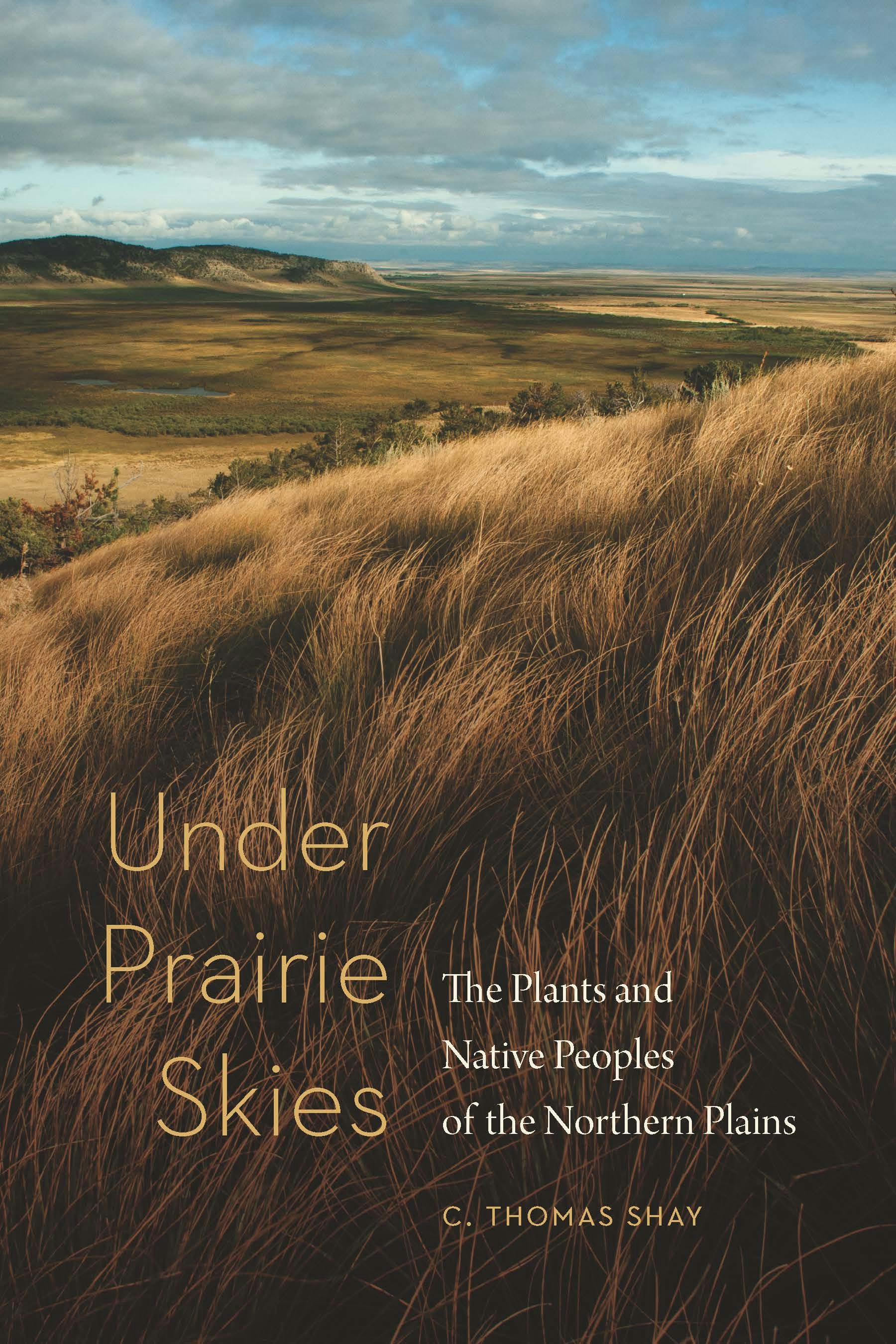
Under Prairie Skies: The Plants and Native Peoples of the Northern Plains
By C. Thomas Shay
2022 | University of Nebraska Press
Copy Available: Yes
In Under Prairie Skies, C. Thomas Shay asks and answers the question, What role did plants play in the lives of early inhabitants of the northern Great Plains? Since humans arrived at the end of the Ice Age, plants played important roles as Native peoples learned which were valuable foods, which held medicinal value, and which were best for crafts.
Incorporating Native voices, ethnobotanical studies, personal stories, and research techniques, Under Prairie Skies shows how, since the end of the Ice Age, plants have held a central place in the lives of Native peoples. Eventually some groups cultivated seed-bearing annuals and, later, fields of maize and other crops. Throughout history, their lives became linked with the land, both materially and spiritually.
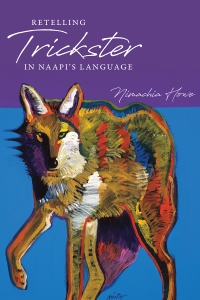
Retelling Trickster in Naapi’s Language
By Nimachia Howe
2019 | University Press of Colorado
Copy Available: Yes
Retelling Trickster in Naapi’s Language is an examination of Nitsitapiisinni (Blackfoot) origin stories about one of the most powerful and unpredictable of the early creators in Niitsitapii consciousness and chronology: Naapi. Through in-depth linguistic analysis, Nimachia Howe reinterprets the earliest references to Naapi, offering a more authentic understanding of his identity and of the meanings and functions of the stories in which he appears....
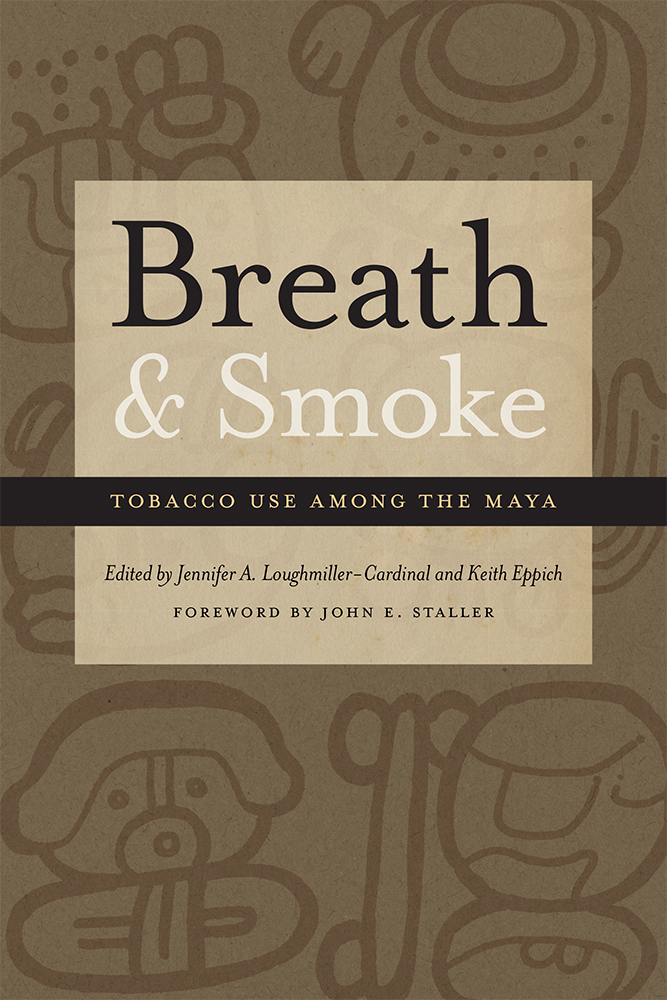
Breath and Smoke: Tobacco Use among the Maya
Edited By Jennifer A. Loughmiller-Cardinal and Keith Eppich
2019 | University of New Mexico Press
Copy Available: Yes
Breath and Smoke explores the uses of tobacco among the Maya of Central America, revealing tobacco as a key topic in pre-Columbian art, iconography, and hieroglyphics. By assessing and considering myths, imagery, hieroglyphic texts, and material goods, as well as modern practices and their somatic effects, this volume brings the Mayan world of the past into greater focus and sheds light on the practices of today....
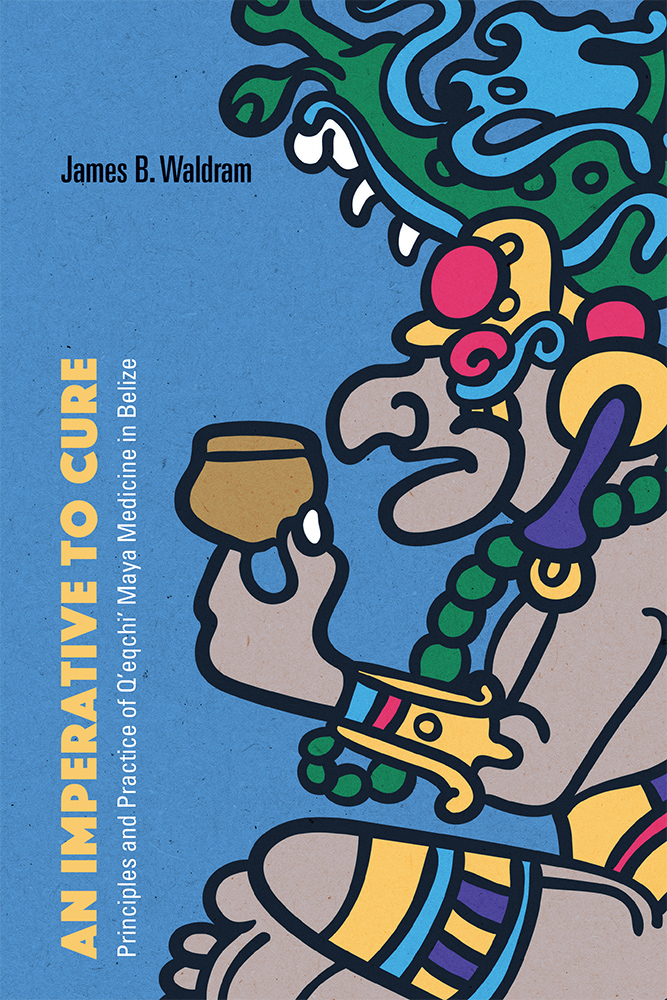
An Imperative to Cure: Principles and Practice of Q’eqchi’ Maya Medicine in Belize
By James B. Waldram
2020 | University of New Mexico Press
Copy Available: Yes
James B. Waldram’s groundbreaking study, An Imperative to Cure: Principles and Practice of Q’eqchi’ Maya Medicine in Belize, explores how our understanding of Indigenous therapeutics changes if we view them as forms of “medicine” instead of “healing.” Bringing an innovative methodological approach based on fifteen years of ethnographic research, Waldram argues that Q’eqchi’ medical practitioners access an extensive body of empirical knowledge and personal clinical experience to diagnose, treat, and cure patients according to a coherent ontology and set of therapeutic principles. Not content to leave the elements of Q’eqchi’ cosmovision to the realm of the imaginary and beyond human reach, Q’eqchi’ practitioners conceptualize the world as essentially material and meta/material, consisting of complex but knowable forces that impact health and well-being in real and meaningful ways—forces with which Q’eqchi’ practitioners must engage to cure their patients.
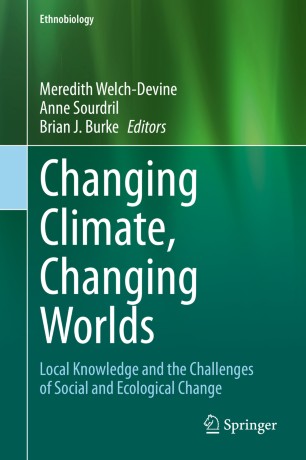
Changing Climate, Changing Worlds: Local Knowledge and the Challenges of Social and Ecological Change
Edited By Meredith Welch-Devine, Anne Sourdril, and Brian J. Burke
2020 | Springer, Cham
Copy Available: Yes
This book explores how individuals and communities perceive and understand climate change using their observations of change in the world around them. Because processes of climatic change operate at spatial and temporal scales that differ from those of everyday practice, the phenomenon can be difficult to understand. However, flora and fauna, which are important natural and cultural resources for human communities, do respond to the pressures of environmental change. Humans, in turn, observe and adapt to those responses, even when they may not understand their causes. Much of the discussion about human experiences of our changing climate centers on disasters and extreme events, but we argue that a focus on the everyday, on the microexperiences of change, has the advantage of revealing how people see, feel, and make sense of climate change in their own lives. The chapters of this book are drawn from Asia, Europe, Africa, and South and North America. They use ethnographic inquiry to understand local knowledge and perceptions of climate change and the social and ecological changes inextricably intertwined with it. Together, they illustrate the complex process of coming to know climate change, show some of the many ways that climate change and our responses to it inflict violence, and point to promising avenues for moving toward just and authentic collaborative responses.
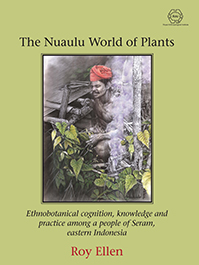
The Nuaulu World of Plants: Ethnobotanical cognition, knowledge and practice among a people of Seram, eastern Indonesia
By Roy Ellen
2021 | Sean Kingston Publishing
Copy Available: Yes
Roy Ellen’s The Nuaulu World of Plants is the culmination of anthropological fieldwork on the eastern Indonesian island of Seram, and of comparative enquiries into the bases of human classificatory activity through the study of ethnobiological knowledge over a fifty year period.
This rich account of the ways plants feature in the worldview and lifeways of the Nuaulu, recognizes that plant knowledge is embedded in plural local and historical contexts: in swiddens, garden crops, managed fallow, village spaces and pathways; in the trees, and the ecological, conceptual and experiential relationships to forest; in plants’ roles as healing agents, raw materials, fuels and in ritual; and in historical flux, with the introduction of exotic plants and the impact of colonial and post-colonial ways of seeing the plant world. Ellen’s contemporary examination of Nuaulu classificatory practices, in the light of comparable observations made by the seventeenth-century Dutch naturalist Rumphius, allows us to better see how scientific taxonomy emerges from folk knowledge.






